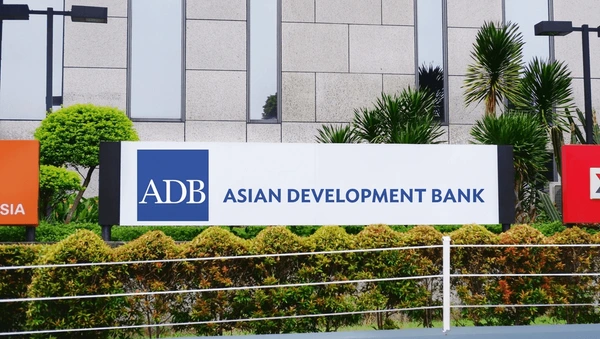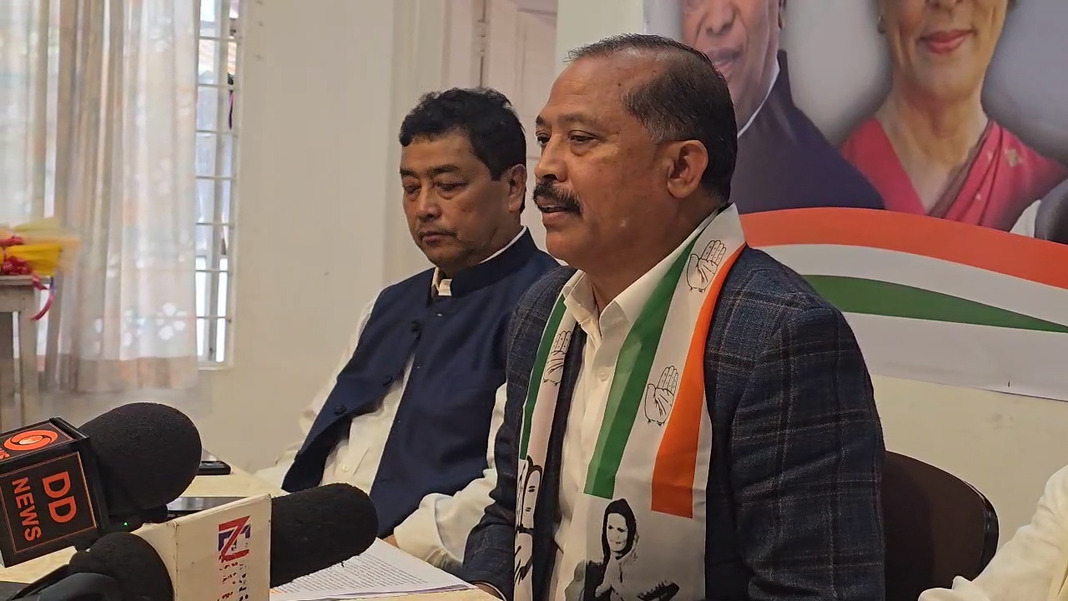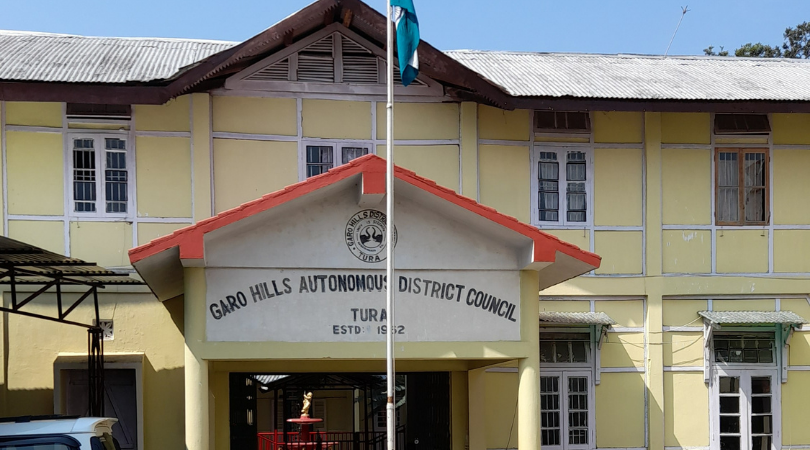By Roopak Goswami
Guwahati, Sep 21: The Asian Development Bank (ADB) today approved a $50 million loan to improve water resources management, access to water, and community resilience to the effects of climate change in Meghalaya
“The project supports the Meghalaya State Water Policy 2019 which aims to achieve sustainable development, management, and use of the state’s water resources through a participatory approach; reduce vulnerability; and promote integrated water resource management,” said ADB Senior Project Officer for Agriculture, Food, Nature, and Rural Development Vikas Goyal.
“The project will strengthen the capacity of districts in Meghalaya to manage water resources and introduce water storage structures that will ensure water security while building climate-resilience of communities” Goyal said.
The Climate-Adaptative Community-Based Water-Harvesting Project in Meghalaya will help develop a state-wide water-harvesting system (WHS) master plan which will be forward-looking, integrating gender and social inclusion, and taking into account weather patterns and disaster risk management. This will guide the creation of water security plans at the village level to be managed by the village employment councils (VEC), watershed management committees (WMC) and water users associations (WUA).
The Government of Meghalaya has requested the Asian Development Bank (ADB) to support the Climate Adaptative Community-based Water Harvesting Project under SWCD. The state’s proposed project will: (i) build climate-resilient water harvesting systems (WHS) through a community demand-driven participatory approach to ensure universal access to water for enhancing sustainable and efficient water-based livelihood opportunities for the rural areas and enhance resilience to climate change impacts and acute water shortage during the non-rainy season, and (ii) establish institutional mechanisms for community ownership and integrated management of natural resource in line with central and state government programs and policies. The primary beneficiaries for the project will be (i) communities with increased agricultural production from additional and more secure water supplies, particularly for the rabi season crop, and (ii) rural households with improved access to drinking water.
Meghalaya is described as one of the wettest places on earth and every year the state receives from 2,000 millimetres (mm) to 12,000 mm of rain during its 7-month monsoon season.
“During the remaining months, very little rain falls and there are reports of temporary water scarcity. Communities’ secured access to water is reduced in part due to: (i) the lack of sufficient water harvesting and retaining infrastructure from poor planning and lack of investment; (ii) poor land management, which has led to degraded catchment areas, loss of vegetation, topsoil and associated water retention; and (iii) the absence of specific law defining custodianship, ownership, and rights over water resources which has resulted in poor water management practices. These communities are dependent on the availability of water since almost 60% of Meghalaya’s population is reliant on agriculture and related activities for their livelihoods. Water availability is expected to be further impacted by climate change projections as mean annual temperatures increase, rainfall becomes more variable, and seasonal weather patterns shift” ADB says.
The project will support the construction of 532 water-storage facilities across 12 districts. These facilities, including small storage structures, will incorporate climate-resilient designs to capture and manage heavy rainfall and flash floods during the monsoon season. The stored water will provide irrigation water during the winter dry season and benefits of flood management. The project will develop at least 3,000 hectares of command area to provide reliable irrigation areas for farmers. It will help construct and upgrade small multipurpose reservoirs, establish 50 weather stations for data gathering and monitoring, and climate-smart micro-irrigation systems in Garo, Jaintia, and Khasi. The project will also pilot-test renewable energy micro hydropower in three WHSs.
ADB will help strengthen the capacity of the Meghalaya State Watershed and Wasteland Development Agency and the Soil and Water Conservation Department in water resources planning, operation, and management. It will train VECs, WMC, and WUA members on climate-resilient agriculture and nonagriculture livelihood practices. In addition, the project will train farmers, especially women, to increase livelihood productivity in irrigated agriculture such as horticulture and fishery techniques.




